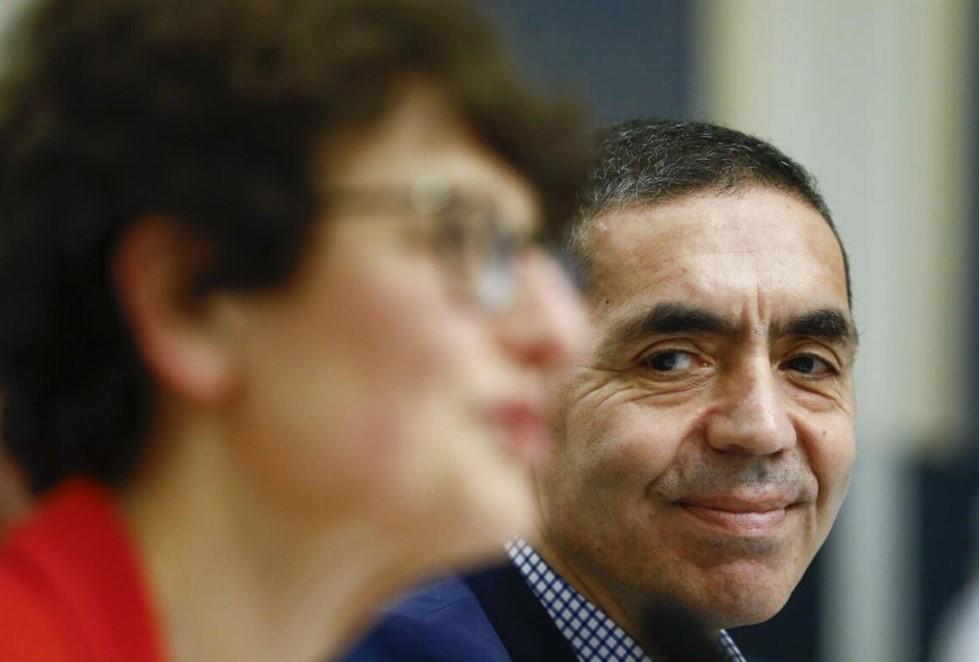
The Turkish-German couple, who invented BioNTech, the first effective vaccine against COVID-19, with the U.S. giant Pfizer and saved millions of lives, has now succeeded in developing a vaccine that prevents pancreatic cancer from reforming.
Özlem Türeci and Uğur Şahin recently flew to the U.S. and presented the results of the first phase of the clinical trials of their new pancreas cancer vaccine at the American Society of Clinical Oncology’s (ASCO) annual conference in Chicago.
Generating excitement at the conference, the couple then met prominent experts in the fight against pancreatic cancer in New York.
The surveys held until now worldwide showed that only 20 percent of the pancreatic cancer patients can be operated and a very rare number of them can survive in long term.
What the survey showed also was that all these patients had one thing in common: “T cells,” which protect the body against infections and fight cancer.
From this point forth, physicians operated some 16 pancreatic cancer patients and sent the tumor samples taken out from the patients to Türeci and Şahin’s company, BioNTech, in Mainz, Germany.
The duo started working on a cancer vaccine that would “teach the body cells to produce protein to fight cancer.”
Using the same technique while inventing the coronavirus vaccine, the couple took mRNAs, a single-stranded molecule of RNA that corresponds to the genetic sequence of a gene, from every tumor and formed personal vaccines for each of the 16 patients.
In theory, with the administration of the personal cancer vaccines, the patients’ bodies would “detect any newly formed cancers and send ‘T’ cells to fight them.”
Trial cancer jabs were inoculated to all 16 patients and the result was “successful” in half of them.
Eight patients were totally “cancer-free” in 18 months, which showed that the “T” cells provoked by the vaccine stopped the disease from forming again.
But, a year later, cancer cells occurred again in the other eight patients. The duo is now working to find the reasons behind such occurrence, but they still believe and are hopeful.
“Some patients responded to the treatment, but benefiting from our clinical works, we are determined to overcome this [cancer],” Tğreci said.
“We want to mark an era with curing these incurable tumors,” she added.
In an interview with the British daily Telegraph last year, Şahin hinted that a common cancer vaccine will be prepared within five years.
The duo’s findings got applauses from the U.K., too.
Chris MacDonald, the head researcher of the British Pancreas Cancer Society, said the couple’s vaccine “will be a new weapon against all fatal cancers.”
The results encouraged BioNTech to start new experimental trials on a new group of pancreatic cancer patients.
Türeci, 55, who established BioNTech in 2008 with her husband, is working as the company’s “chief medical officer.” The main fields of research of 56-year-old Şahin are cancer research and immunology.
The revenue of BioNTech, which has more than 3,000 employees, reached some 18.9 billion euros in 2021, following the development of the coronavirus vaccine.